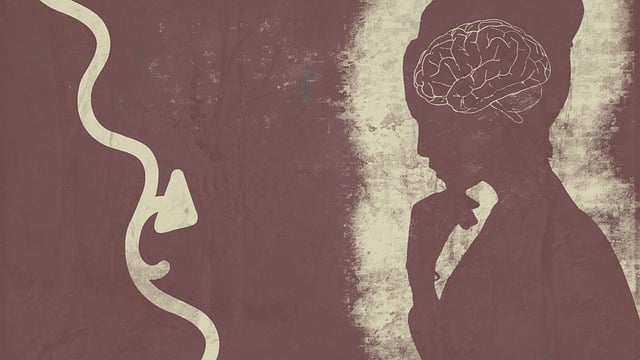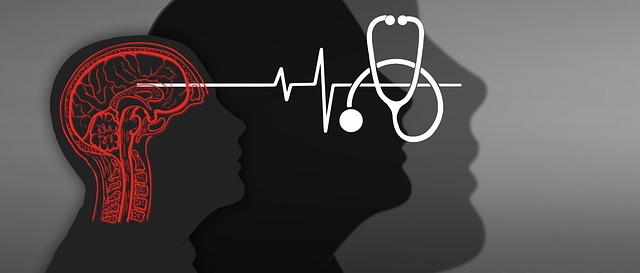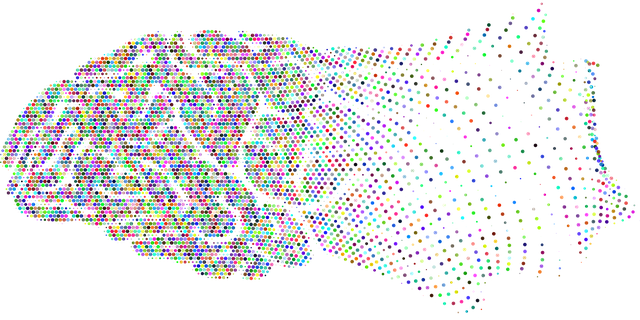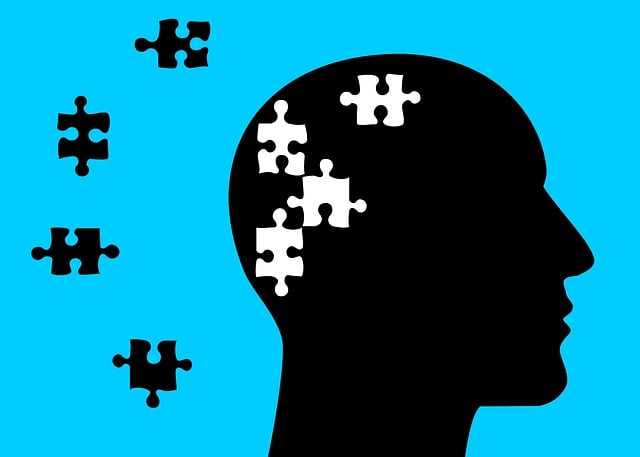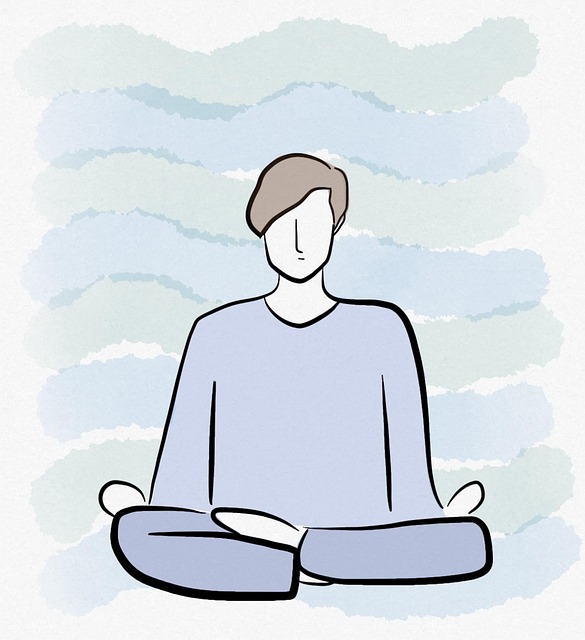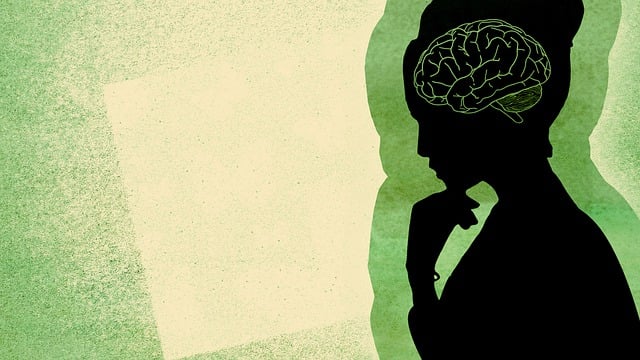Cultural sensitivity is a powerful "Golden Therapy" in mental healthcare, enabling therapists and clinicians to build trust, enhance communication, and offer personalized care. By recognizing diverse cultural backgrounds, beliefs, and communication styles, professionals create inclusive environments that improve patient outcomes, particularly in trauma support services. This approach not only respects clients' unique values but also facilitates deeper connections and open discussions about mental health concerns, ultimately promoting overall well-being for both therapists and clients.
In today’s diverse society, cultural sensitivity is paramount in mental healthcare practice. Understanding cultural diversity enriches therapy sessions, fostering stronger therapist-client relationships and more effective treatment outcomes. This article delves into the golden therapy of culturally responsive care, exploring its impact on communication strategies, ethical considerations, and the profound benefits for both therapists and clients. By embracing these principles, clinicians can revolutionize mental healthcare delivery.
- Understanding Cultural Diversity in Mental Healthcare
- The Impact of Cultural Sensitivity on Therapist-Client Relationships
- Competent Communication Strategies for Cross-Cultural Therapy
- Ethical Considerations in Providing Culturally Responsive Care
- Embracing Cultural Sensitivity as a Therapeutic Tool
Understanding Cultural Diversity in Mental Healthcare

In the realm of mental healthcare, understanding cultural diversity is a golden therapy for therapists and clinicians. Recognizing that every client enters the treatment room with a unique cultural lens shapes the therapeutic process significantly. This awareness is essential in ensuring effective communication and building trust, which are cornerstones of successful therapy. By acknowledging cultural differences, practitioners can provide more personalized care, ultimately enhancing the potential for self-esteem improvement, depression prevention, and anxiety relief.
Cultural sensitivity involves learning about diverse beliefs, values, and practices to navigate the intricate web of factors that influence mental health and well-being. Therapists who embrace this approach not only respect their clients’ backgrounds but also create a safe and inclusive environment. This, in turn, encourages clients to openly discuss their experiences, fears, and aspirations, fostering a deeper connection and more meaningful therapy sessions. Embracing cultural diversity is not just a professional responsibility; it’s a powerful tool that enriches the lives of both therapists and their clients.
The Impact of Cultural Sensitivity on Therapist-Client Relationships

In the realm of mental healthcare, cultural sensitivity is a golden therapy for therapists and clinicians. It fosters deep connections with clients from diverse backgrounds, transcending language barriers and subtle nuances in communication styles. By embracing cultural competence, therapists create safe spaces where individuals feel understood and validated, enhancing their willingness to share personal experiences and engage in therapeutic processes. This, in turn, strengthens the therapist-client relationship, a crucial foundation for effective treatment.
Cultural sensitivity not only deepens this bond but also facilitates resilience building among clients. Recognizing and integrating self-care practices and mindfulness meditation, therapists can model healthy coping mechanisms while encouraging their clients to do the same. This holistic approach recognizes that mental well-being is inextricably linked to cultural identities and life experiences, ensuring more comprehensive and compassionate care tailored to each individual’s unique needs.
Competent Communication Strategies for Cross-Cultural Therapy

In the realm of mental healthcare, cultural sensitivity is a Golden Therapy for Therapists-Clinicians, fostering effective and compassionate patient care. Cultural sensitivity involves understanding and appreciating the diverse backgrounds, beliefs, and communication styles of individuals seeking therapy. This is paramount as it ensures that therapeutic interventions are tailored to meet each client’s unique needs, promoting better engagement and outcomes.
Competent communication strategies are at the heart of successful cross-cultural therapy. Therapists-Clinicians must be adept at actively listening, non-judgmentally validating patient experiences, and employing culturally responsive language. Adapting their approach based on cultural nuances, such as using preferred names and terms, can significantly enhance trust and rapport. Moreover, being open to learning about different cultural practices and incorporating them into treatment plans, where appropriate, demonstrates respect for the client’s identity and inner strength development. Trauma support services also benefit from these strategies, as they can help bridge cultural gaps that might otherwise impede effective trauma care.
Ethical Considerations in Providing Culturally Responsive Care

In the realm of mental healthcare, providing culturally responsive care is not just a professional necessity but an ethical imperative. Therapists and clinicians must navigate a complex landscape where cultural sensitivity forms the golden therapy for fostering meaningful connections with diverse clients. Ethical considerations demand that they understand and respect each individual’s cultural context, beliefs, and values to ensure inclusive and effective treatment. This involves recognizing the impact of cultural factors on mental health experiences and symptoms, which can significantly influence therapeutic outcomes.
By embracing a culturally responsive approach, mental health professionals can create safe spaces where clients feel understood and validated. This, in turn, enhances therapy engagement and encourages open communication. Moreover, it enables therapists to adapt their practices to include relevant cultural techniques and interventions, such as incorporating traditional healing methods or addressing specific community concerns. The goal is to go beyond mere understanding; it’s about leveraging the richness of diverse cultural perspectives to enhance self-esteem improvement and facilitate effective stress management workshops within organizations, contributing to overall mental health awareness.
Embracing Cultural Sensitivity as a Therapeutic Tool

Embracing cultural sensitivity is a golden therapy for therapists and clinicians, offering a powerful tool to enhance their practice and improve patient outcomes. It involves recognizing and appreciating the diverse cultural backgrounds of clients, which can significantly shape their experiences with mental health issues and the subsequent treatment process. By incorporating cultural awareness into therapy sessions, professionals can create a safer and more inclusive environment. This approach not only fosters better communication but also enables therapists to tailor their strategies, ensuring effective interventions that resonate with each individual’s unique cultural identity.
In today’s diverse society, therapists who adopt cultural sensitivity become adept at navigating complex issues related to mental health policy analysis and advocacy. Understanding cultural nuances can help address systemic barriers that often hinder access to quality care, particularly for marginalized communities. Moreover, it promotes self-care practices among therapists, as they learn to navigate challenging situations with empathy, ultimately leading to better anxiety relief for their clients.
Incorporating cultural sensitivity into mental healthcare practice is no longer a consideration, but an imperative. By understanding and embracing diverse cultural backgrounds, therapists can foster stronger therapist-client relationships, improve communication, and deliver more effective and ethical care. This golden therapy for therapists-clinicians involves adopting competent communication strategies tailored to cross-cultural interactions, navigating ethical considerations, and utilizing cultural sensitivity as a powerful therapeutic tool. Through these efforts, mental healthcare professionals can create inclusive and responsive environments that meet the unique needs of every client.
